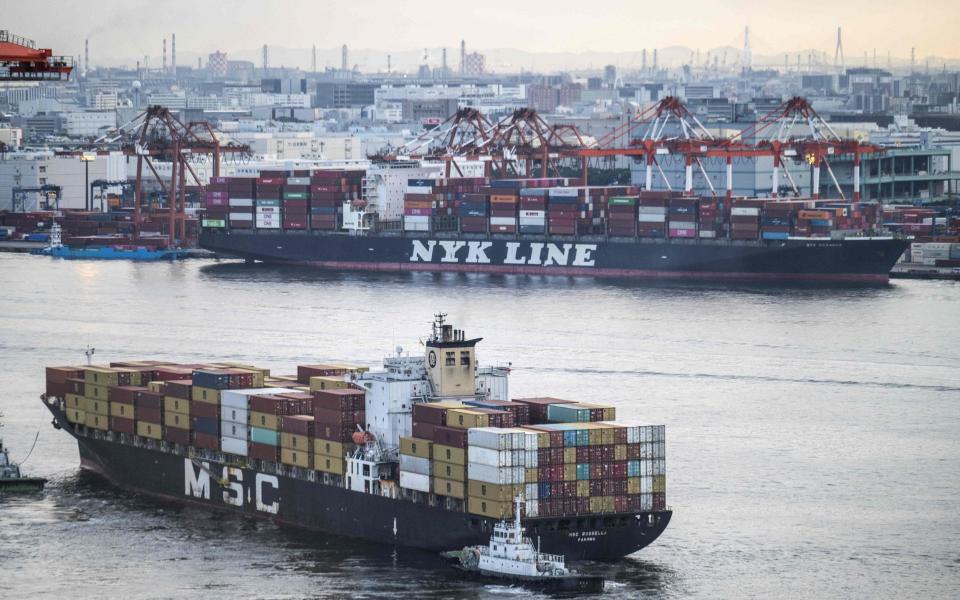What is the CPTPP and why does Britain want to join?

The UK is expected to imminently join an Indo-Pacific trade bloc usually referred to as the CPTPP.
The partnership is based on a free trade agreement signed by 11 countries in Chile in 2018. They include Australia, Japan and Singapore.
The agreement emerged from the Trans-Pacific Partnership, which was never ratified because Donald Trump withdrew the US from it after he was elected.
The UK applied to join on 1 February 2021.
Which countries are in the CPTPP?
The bloc includes 11 countries: Japan, Australia, Brunei, Canada, Chile, Malaysia, Mexico, New Zealand, Peru, Singapore and Vietnam.
The UK is expected to be announced as the 12th member later this week.
Other countries are applying for membership too, including China, Taiwan and Ecuador.
South Korea has also previously said it would apply to join.
The UK already has bilateral agreements in place with seven members: Canada, Chile, Japan, Mexico, Peru, Singapore and Vietnam.
It has also signed deals with Australia and New Zealand, which are yet to come into effect.
How large are the economies of the countries in the CPTPP?
The CPTPP is one of the world's most significant free trade areas when measured by the combined economies of the member states.
The UK joining the partnership would take the trade bloc’s GDP to £12 trillion, World Bank data from 2021 shows.
The 11 members in the partnership accounted for 12pc of the world economy in 2021.
If the UK, the world's sixth largest economy, had been a member the figure would have been 15.4pc.
That would bring it close to the size of the EU, which accounted for 17.8pc of global GDP in 2021.
Why does the UK want to join the CPTPP?
Fostering better trade ties with other countries and entering new markets is key to boosting Britain's economic growth after leaving the European Union.
Since Brexit, Britain has signed three new trade deals: Australia in December 2021, New Zealand in February last year and an agreement over digital free trade with Singapore last year.
Joining the CPTPP would mean UK businesses could sell nearly all of their goods without tariffs to 500 million customers, according to the Department of Business and Trade.
The Government has also made deeper engagement with the rapidly growing Indo-Pacific region part of its foreign policy.
The region is home to four billion people and includes 40 countries and economies, notably India, China and Australia.
The Indo-Pacific region is predicted to account for two-thirds of the global middle class by 2030 and for more than half of the global economy by 2040.
The fast-expanding share of people entering the middle class is bringing roaring demand for consumer goods and services.
Joining the CPTPP could bring many opportunities for the UK and help spur more integrated financial markets through closer regulatory cooperation.
It comes as the EU and the US are becoming less dominant in the global economy, with the world's trade centre fast shifting further east.
According to credit rating agency S&P Global, the EU's share of the world economy has fallen from over a quarter to around 18pc since the turn of the millennium.
The US has similarly become less important, declining from around 31pc to just under a quarter.

 Yahoo Finance
Yahoo Finance 